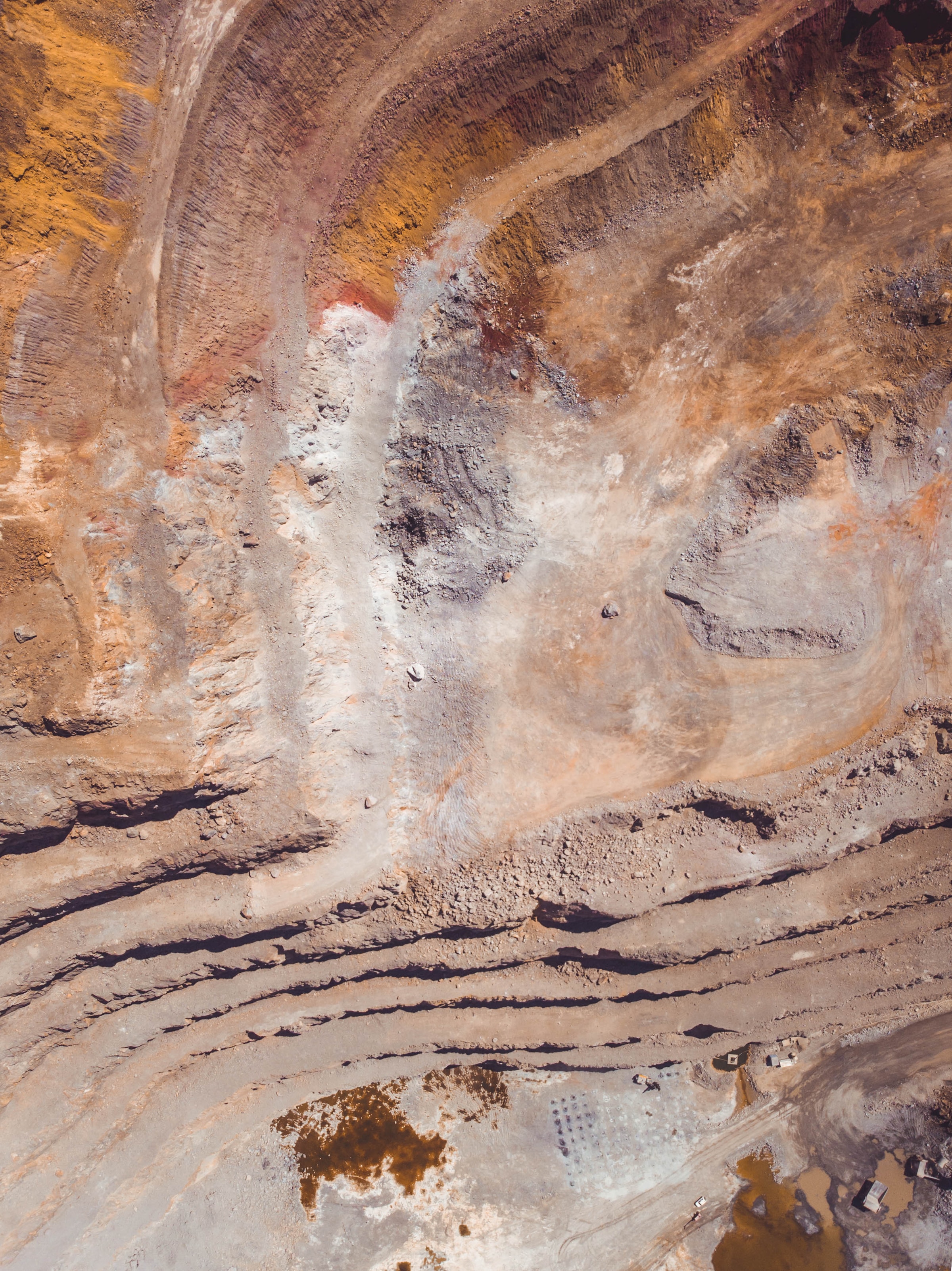Panama: Catholic Environmental Network Opposes Mining
REMAM has urged Panama’s National Assembly to reject a deal with a Canadian copper company’s subsidiary.
REMAM has urged Panama’s National Assembly to reject a deal with a Canadian copper company’s subsidiary.
The following article was published in the July-August 2023 issue of NewsNotes.
In a statement titled “Saving our Common Home,” the Ecclesial Ecological Network of Mesoamerica (REMAM), declared its opposition to a new contract concerning Central America’s largest open pit copper mine negotiated by the government of Panama and Minera Panamá, a subsidiary of Canadian company First Quantum Minerals Ltd.
In the deal announced in March, the mining company agreed to pay $375 million dollars minimum annually to the Panamanian government for operations at Cobre Panamá. This was an increase from the $61 million paid in 2021, despite the company’s $3.2 billion in profit. Not addressed in the proposed contract were the violations of worker’s rights or the environmental concerns. Production from the copper mine accounts for 3.5% of Panama’s economy.
The REMAM statement calls metallic mining “neither viable nor sustainable” in a country with the water and biodiversity wealth and climatic vulnerability of Panama. The mining area is located in the middle of a protected forest in the Mesoamerican Biological Corridor and the Donoso Protected Area.
The region is already facing deforestation, drought, mangrove destruction and the pollution of freshwater sources. It is estimated that the corridor loses 400,000 hectares of forest annually.
According to REMAM’s statement, the contract “contains contradictions” with existing environmental and constitutional legislation. These contradictions cannot be glossed over, for as Pope Francis writes in Laudato Si’, “the protection of the environment is in fact an integral part of the development process and cannot be considered in isolation from it.”
REMAM and others raised concerns that this infringes on the nation’s sovereignty, especially given that a major shareholder of the company is the Chinese state-owned Jiangxi Copper.
The main argument used by the government to garner support for the project was that it would be an increased source of income for the nation. Details of the contract, however, reveal that is far from the whole truth. The contract allows the annual payment to be reduced for multiple reasons such as a drop in the price of copper in the international market or unforeseeable cost increases. In addition, the company is allowed to deduct in its income tax return the loss in value of the deposit on the land as a result of its exploitation. What this means, in effect, is that the Panamanian people would actually end up subsidizing the company.
At an even larger level, concerned citizens and environmentalists are questioning whether the promised profits will come anywhere near to compensation for the real damage to water sources and biodiversity.
According to Clara Meza, member of REMAM Coordinating Team and National Coordinator for Panama, “we cannot support this form of extractivism … God does not give life and life in abundance when this only benefits the economy of a few, harming many vulnerable brothers and sisters.
On the recent radio program Palabras Compartidas, the author of REMAM’s statement, Father Padre Jorge Salsaneda, posed the hypothetic question based on the words of Jesus: What good would it do a society to gain the whole world if it loses itself? What do we gain by becoming a mining country if we lose our biodiversity, our water capacity, our governance?
The concerns of REMAM echo those of the bishops of Panama who declared at their annual conference in February “we are concerned about the future of the communities and towns where mining extraction is taking place, the effects of which are harmful to human life and the ecology…. There is no money in the world that can compensate for the damage that mining extraction can cause in the short, medium and long term.”
While Panama’s government council approved the contract on June 14, it must still be sent for approval to the Comptroller General of the Republic and then to the Panamanian National Assembly for the legislative term that begins July 1. REMAM concludes its statement calling on the legislative body of Panama “to a serious and deep reflection so that they do NOT accept the signing of this contract that seriously harms not only our sovereignty but also the future of the Panamanian people and our Common Home.”
Photo of an open pit mine courtesy of Unsplash.

